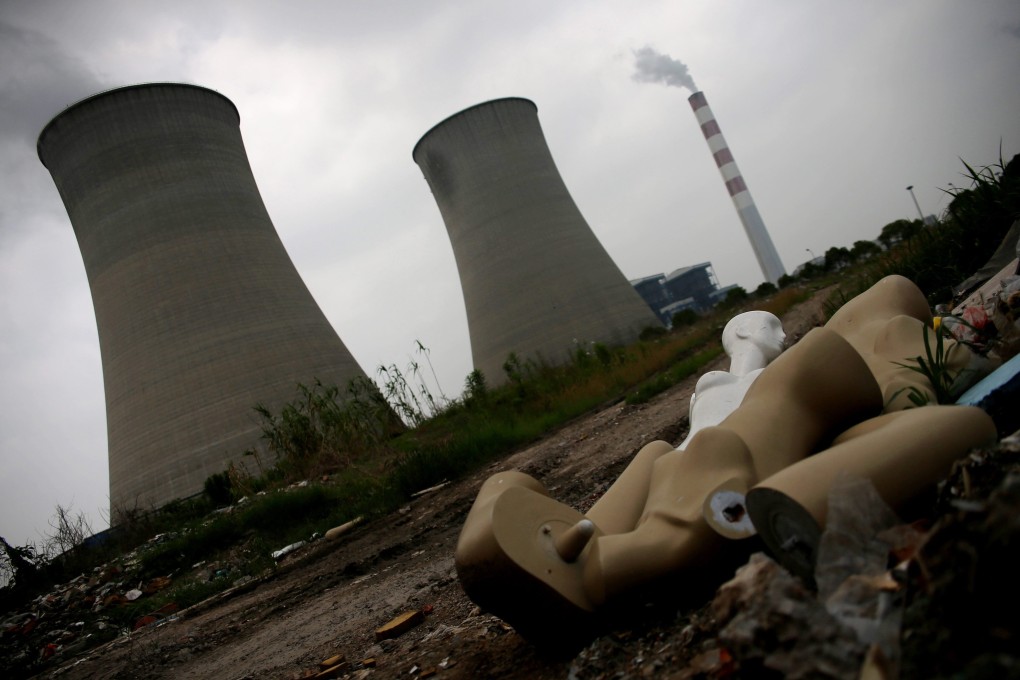Why China won't be rushed into resolving sovereignty disputes
Robert Lawrence Kuhn says it's easier to admit to domestic problems

In early 2012, in the run-up to the 18th Communist Party congress, I was asked to co-produce, host and write - for international audiences - a TV documentary series celebrating the achievements of China's then retiring leaders. It was not for me. Celebratory praise, I said, does not work for telling the real story of China.
Instead, I offered, how about exploring the problems that China's new leaders, led by Xi Jinping , were going to face? Fast forward two years. , our five-part TV series, co-produced by Shanghai Media Group, is being broadcast in the US on PBS stations and internationally.
Framed in terms of what needs to change to achieve Xi's Chinese dream, it explores five core issues that China's leaders face: social concerns (health care, housing, retirement); economic transformation and pollution; innovation and higher-value products; political reform; and beliefs and values.
That the series, which won first prize in the country's annual journalism award, could be made at all is due to China's commitment to expose and explicate the country's complex internal problems (though always within limits, of course).
In times past, the Chinese media never reported bad news, such as disasters, natural or otherwise. China's leaders, in a long paternalistic tradition, sought not to "trouble the people" with unhappy tidings.
The severe acute respiratory syndrome epidemic in 2003 sent a wake-up call that it is now impossible to contain bad news, and leaders' attempts to suppress the unpleasant would only engender invidious rumours that are often worse than the reality they are attempting to suppress.
Today, the Chinese media reports all sorts of unpleasantries. Such public disclosures build credibility at home and abroad.
